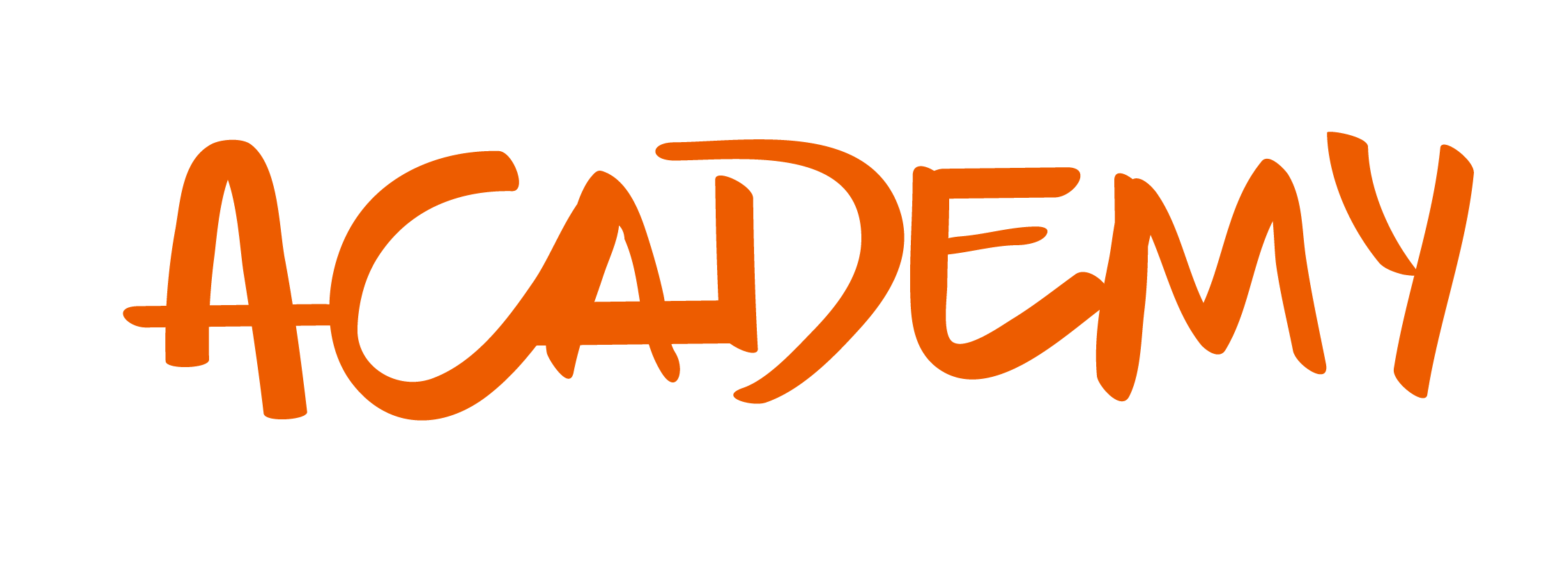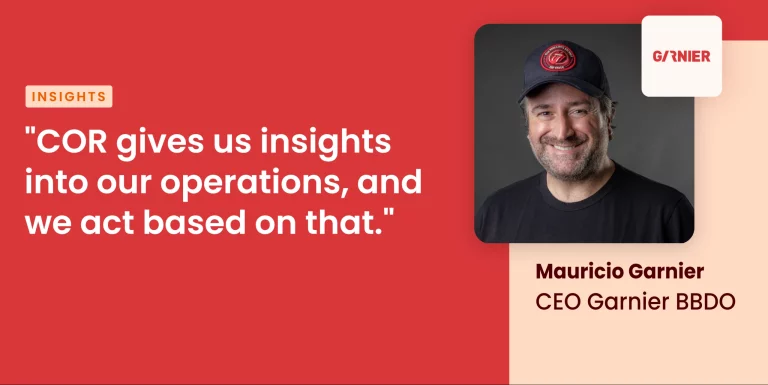Your employees’ time is your most costly resource, but how well does your consulting firm manage hours? And just how important is effective time management in driving profits? In this post, we’ll explore why time is essential for profitability in the consulting industry, and how you can implement easy time management initiatives in your business.
Best ways to manage employees’ time
Looking after your employees’ time is essential to running a profitable business. But many organizations fall short when it comes to looking after their team members‘ work-life balance. In pursuit of profits, consultants often find themselves with heavy workloads and tight deadlines. But this short-term gain has negative long-term effects, as team members risk burn out which affects employee engagement and turnover.
Here are some of the most common ways successful consulting firms manage their employee’s time without losing money in lost projects.
- Set limits and rules. Within a team, it’s important to design policies that protect employee downtime, not just promote them. It’s becoming increasingly common for organizations to provide perks like unlimited leave, but often team members don’t engage with these policies out of fear: they’re worried about what their boss will think. Therefore, businesses should go one step further and enforce employee well-being by implementing policies like required vacation time.
- Discourage long hours or late or weekend working. Traditionally, staying late at the office and responding to emails on a Saturday was a badge of honor certain to get you into your boss’ good books. But frequent overtime and constantly feeling the need to connect has negative effects on employees, like burnout and disengagement. These days, the best bosses challenge and discourage this behavior.
- Train your staff in time management techniques. Often employees work long hours as they lack the tools and experience necessary to prioritize workloads and stay focused. There are several different time management techniques you can teach your team, which one works best will be down to individual skill sets. This way you’ll be empowering your team members to own their time and tasks.
- Consider tracking hours. The most successful consulting businesses keep records of hours spent on tasks and projects, as it allows them to build a 360-degree view of their operation. These tools automatically record how long an employee takes on any given task. We’ll look at how this works later in this post, but in small businesses and start-ups, employees should start by tracking their own time spent on tasks. Often, they’ll be surprised at the results, and this “shock factor” will help them better manage their time and avoid scope creep.
How does time affect profitability?
Let’s use an example to help us understand how time affects profitability. We have two management consulting firms, Firm A and Firm B. A marketing agency has approached them to complete a small, but important, project with a tight deadline.
Firm A
Firm A has been using time tracking tools for the past two years. This means they have their own database of previous work and how long it took to complete. They can use this data to help them accurately forecast how long future projects will take.
Firm A has worked on similar projects to what the marketing agency is requesting, and so they use this information to determine the exact hours required. As their software automates reports, this information is available at the click of a button, which helps them quote in less time.
The client has a tight deadline, but Firm A uses this data to explain why the delivery time is what it is. This means they set a realistic deadline with the client from the start of the project, which helps them manage expectations.
The firm completes the project on schedule, leaving the marketing agency a satisfied client and source of repeat and new business from referrals. This is an example of how time tracking has a positive effect on profitability.
Firm B
On the other hand, Firm B doesn’t use time tracking software and their consultants don’t proactively log their hours. As there’s no data to back up their time estimations, they have to guess how long they think a project will take.
To help them determine project delivery time, consultants rely on their own, as well as colleagues’, past experiences. This raises several challenges for Firm B. Firstly, memories fade over time and they’re only rough estimates, not data-backed figures: “It took me about a week to complete” or “That should only take two weeks”.
The next issue is if employees leave the business, there’s no continuity of this information as there’s no software to record it and make it accessible to all employees. And crucially, when consultancy firms don’t track time, they often don’t invoice for all billable activities, like admin. Nor do they factor in unforeseen delays, such as consultant illness. Therefore the consultants don’t have an accurate idea of completion times.
Now, Firm B knows the marketing agency has a tight deadline, but they believe they can meet it and so agree on an unrealistic completion time. And of course, that means it’s underquoted which negatively impacts the entire project:
- Quality is compromised as the consultants have to complete more work than expected and in less time, so they rush through the tasks.
- The profit margin is significantly reduced as the project has been underquoted. The price was based on 20 hours, but it takes 30: they quoted $2000, expecting $100 per hour, but it only ends up at $66 per hour.
- The project isn’t completed on time which means an unhappy client.
Long-term consequences of not tracking time
It’s clear to see the negative effects not tracking time has on a project’s profitability. If not addressed, there’ll also be long-term consequences for the consulting firm.
- High turnover – If full-time consultants are constantly under pressure to meet unrealistic deadlines, they’ll leave in search of new opportunities. The consulting firm would then have human resources expenses, like recruiting and onboarding of new hires.
- Reduced profit margins – If they constantly underquote, they’ll never increase their profitability as their margins are always squeezed by scope creep.
- Bad reputation – The consulting firm will gain a bad reputation for unsatisfied clients, which makes it difficult to organically grow their client base.
High turnover, low-profit margins, and a bad reputation are all factors that affect a consulting firm’s profitability. And these issues all arise from poor time management.
Contrast this with Firm A, which enjoys the following long-term benefits from time tracking:
- High talent retention – As they accurately quote timeframes, their consultants aren’t under constant pressure to hit unrealistic deadlines. This means higher engagement and retaining experienced talent.
- Higher gross profit margins – They correctly quote completion time for projects, which means a strong gross profit margin.
- Higher fees – As they have the data to back up their time claims, they can negotiate higher fees.
- Organic growth – Efficiency leads to operational excellence which means satisfied clients. This means more success stories and case studies, which leads to organic new business.
As we can see, the small “micro-action” of time tracking has far-reaching advantages for the entire consulting firm.
Time is important for operational excellence
Effective time management also helps business owners to improve their operational excellence. By tracking time over an extended period, bosses can analyze data to see which tasks their team members spend their time on. This allows them to build a picture of how many hours are spent on billable vs non-billable activities, which gives an idea of the overall operational efficiency.
Consultancy firms can then look to automate the more manual admin tasks, freeing up their employees to spend more time on billable work. This efficiency improvement means consultants can take on more work and complete projects in less time. By improving the workflow, business owners increase their operating profit margins which directly impacts their bottom line.
Why is time tracking important in a consulting firm?
Now we’ve seen how time affects profitability, let’s look at the importance of tracking time for employees in the consulting industry.
The consulting sector, in particular, has changed over the past few decades, and these changes have made time tracking even more important. To understand why, let’s define how the consulting industry works.
Consultants provide their clients with a strategy, which can be broken down into four key consulting services. These form the backbone of their work:
- Information. Management consultants analyze data from firms, competitors, and entire industries. They make this data manageable and easy to interpret for their clients.
- Expertise. As experts in their field, consultants offer their clients valuable experience and first-hand knowledge.
- Insights. They know how to interpret the data to spot new trends emerging within the industry.
- Execution. Consultants provide their clients with a plan for implementing strategy.
Traditionally, these areas were packaged together and sold as one service to clients. However, the emergence of the internet, social media, and ever-evolving tech trends have led to a change in the way clients engage with consultants.
For example, the wealth of market research tools now available makes information more accessible than ever. Businesses no longer need to hire management consultants to extract large volumes of data, they simply use their tools.
As for expertise, many businesses are now hiring their own, in-house consultants. Traditionally, strategists worked in large consulting firms and interacted with clients on a per-project basis. These days, with platforms like LinkedIn, it’s easier than ever to hire freelance consultants and start a business strategy team within an organization. The internet is also full of expertise and anyone can look up information in blogs, white papers, and resources.
In the age of big data, businesses now have almost instant access to insights thanks to platforms like Google Analytics. On a bigger scale, larger organizations are investing in their own technology to read data and provide insights, meaning they no longer need to hire management consultants to help with these tasks.
And execution is also being brought in-house by larger businesses, while smaller firms work with freelancers and subcontractors to help them implement their strategies.
So why does this make time tracking important in the consulting industry? It’s because the internet has enabled businesses to own parts of the consulting process, meaning consultancy firms can no longer easily “package” together their prices.
This has led to a restructuring of the industry and strategists are now more focussed on the execution side of their consulting services, being hired on an on-demand or part-time basis. The age of information and data has also led to a greater need for transparency. All these changes to the consulting industry mean consultants now charge per hour, which means time tracking is essential to achieving profitability.
Pandemic: Easy ways to implement time tracking in your consulting business
Now we’ve established why time tracking is essential in the consulting industry, let’s look at some simple ways to implement it in your business. These steps are particularly important given the global covid-19 pandemic and emergence of remote working trends.
- Get buy-in first. As with all change management, your team members must agree with the need to track time. New employees are likely to be perceptive to change, but longer-standing colleagues may put up resistance. It’d be useful to run meetings and Q&A sessions about the new strategy, as well as using success stories of how other organizations have successfully implemented time tracking.
- Emphasize why you’re tracking time. It’s essential to emphasize that you’re introducing this system to improve profits and negotiate better fees, and not to spy on employees. Many team members may react negatively to time tracking if they perceive it as micro-management. Indeed, time tracking has a bad reputation in many industries, due to businesses using intrusive methods to track employee time.
- Keep it simple. For employees to really engage with tracking time, simplicity is key. If you introduce complicated rules about when or when not to track time, you’re exposed to human error, confusion, and rejection of this new system. It’s a good idea to phase the introduction of time tracking, starting with simpler practices and incorporating more as the team becomes more experienced.
- Introduce organization-wide time tracking. For maximum effect, the entire consulting company should move to a system of time tracking. If you’re a small firm, it may help to assign one employee the role of checking and motivating their colleagues to adhere.
- Use time tracking tools. Perhaps the easiest way of implementing time logging is by adopting software that automates the process. This removes the element of human error, as employees don’t need to remember to log their hours. It also allows businesses to gather information, like employee utilization and estimated completion times, that can then be used to design strategies.
Tracking time is an essential practice if consulting firms want to avoid high turnover, dissatisfied clients, and low profits. It allows businesses a greater degree of transparency over their operation, which allows for workflow improvements and optimizations. While it can be tricky to introduce such a large change, time tracking tools that automate the process make it easier to implement and adhere to.














